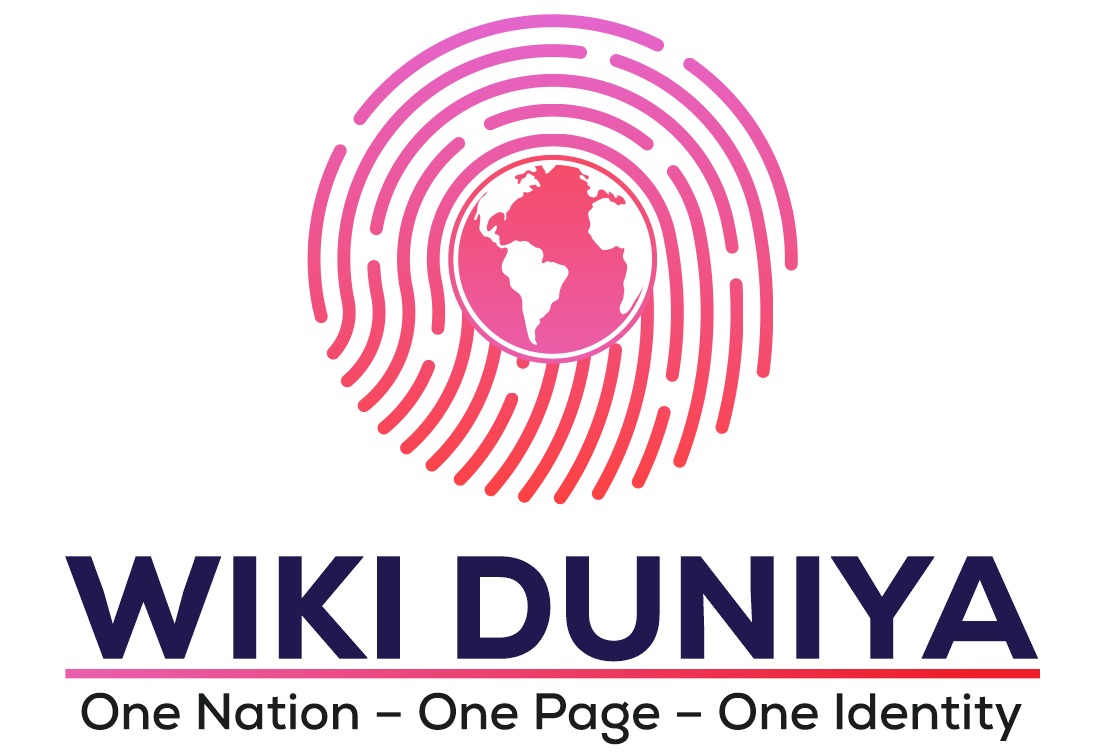
Why Lawyers Need a Professional Digital Profile
Introduction
For lawyers in India, credibility and visibility are the two pillars that drive professional growth. Traditionally, both were built through years of court appearances, word-of-mouth referrals, and maintaining strong relationships in legal circles.
But the legal profession is changing. Clients today often search for a lawyer online before making contact. Law firms are reviewing digital footprints before hiring.
Even peers are connecting and collaborating through professional platforms. This shift means a professional digital profile is no longer optional — it’s an essential part of a lawyer’s career strategy.
1. First Impressions Begin Online
In the past, a lawyer’s first impression happened during a meeting in chambers or over a handshake in court. Now, it often begins on Google or LinkedIn.
If a potential client or employer searches your name, what they find shapes their perception before you ever speak to them.
A well-crafted digital profile ensures they see accurate, professional, and positive information about you. It reflects not just your qualifications, but also your professionalism and commitment to your practice.
2. Building Trust Through Transparency
Legal services involve high stakes — from corporate contracts to criminal defence, from property disputes to intellectual property matters. Clients want assurance that they are in safe hands.
A professional digital profile can showcase your qualifications, specialisations, years of experience, and notable achievements.
It can also feature client testimonials, articles you’ve written, or cases you’ve worked on (while respecting confidentiality). This transparency builds trust even before the first consultation.
3. Showcasing Your Specialisation
Law is a vast field, and no lawyer can excel in every area. Whether you focus on corporate law, family disputes, taxation, arbitration, or environmental law, your profile should clearly communicate your expertise. Adding case summaries, publications, conference appearances, or specific training helps position you as an authority in your niche. Clients searching for a specialist are more likely to approach a lawyer whose online presence aligns with their needs.
4. Staying Competitive in a Digital Era
Many Indian lawyers still rely heavily on personal networks. While networking remains important, younger professionals and global clients increasingly use online searches to find legal representation.
Lawyers with no visible online presence risk being overlooked in favour of those with clear, accessible, and engaging profiles.
A digital profile levels the playing field, allowing even independent practitioners to compete with large firms for visibility.
5. Expanding Beyond Local Reach
Historically, a lawyer’s practice was confined to a city or district, but today’s technology has changed that. With a strong professional profile, you can attract clients from other cities or even abroad, especially in areas like corporate advisory, contract drafting, or intellectual property rights. NRIs, startups, and international companies often look online for legal experts in India before reaching out — a complete profile makes you discoverable to them.
6. Professional Networking and Referrals
Other lawyers, legal consultants, and firms often look for collaborators in specialised areas. Platforms like LinkedIn allow lawyers to connect, exchange knowledge, and build referral networks.
By maintaining an updated profile, you remain visible in these professional spaces, increasing the chances of collaboration and co-counsel opportunities.
7. Content as a Reputation Builder
Publishing articles, sharing insights on recent judgments, or commenting on changes in the law can demonstrate expertise. A blog section on your website, a legal column in an online publication, or even posts on LinkedIn help position you as a thought leader. Clients and peers alike are more likely to remember and respect a lawyer who educates and informs.
8. Ensuring Professional Compliance
In India, the Bar Council’s rules restrict lawyers from advertising. However, having a professional digital profile is not advertising — it’s about maintaining an informative, accurate, and dignified presence.
The content should focus on qualifications, experience, and achievements without making direct claims of superiority.
By keeping your profile factual and compliant, you can maintain ethical integrity while still being visible.
9. Crisis Management and Reputation Protection
In an age where a single negative article or review can influence public perception, your professional profile serves as a counterbalance. By regularly updating and optimising your online presence, you ensure that accurate and positive content appears higher in search results than any isolated negative material.
10. Essential Elements of a Lawyer’s Digital Profile
A strong professional digital profile should include:
- Full name and current designation.
- Areas of specialisation.
- Academic qualifications and certifications.
- Years of experience and notable cases (without breaching client confidentiality).
- Publications, speaking engagements, or conference appearances.
- Professional memberships (Bar Councils, legal associations).
- Contact details or a secure consultation form.
Conclusion
In today’s legal landscape, a lawyer’s professional reputation is no longer confined to the courtrooms and offices. A well-built digital profile ensures that your name, expertise, and achievements are visible to the right audience at the right time. Whether you aim to attract high-value clients, collaborate with other professionals, or expand your practice beyond borders, your online presence is a silent advocate working 24/7. For Indian lawyers, embracing this reality is not just about keeping up — it’s about staying ahead.




